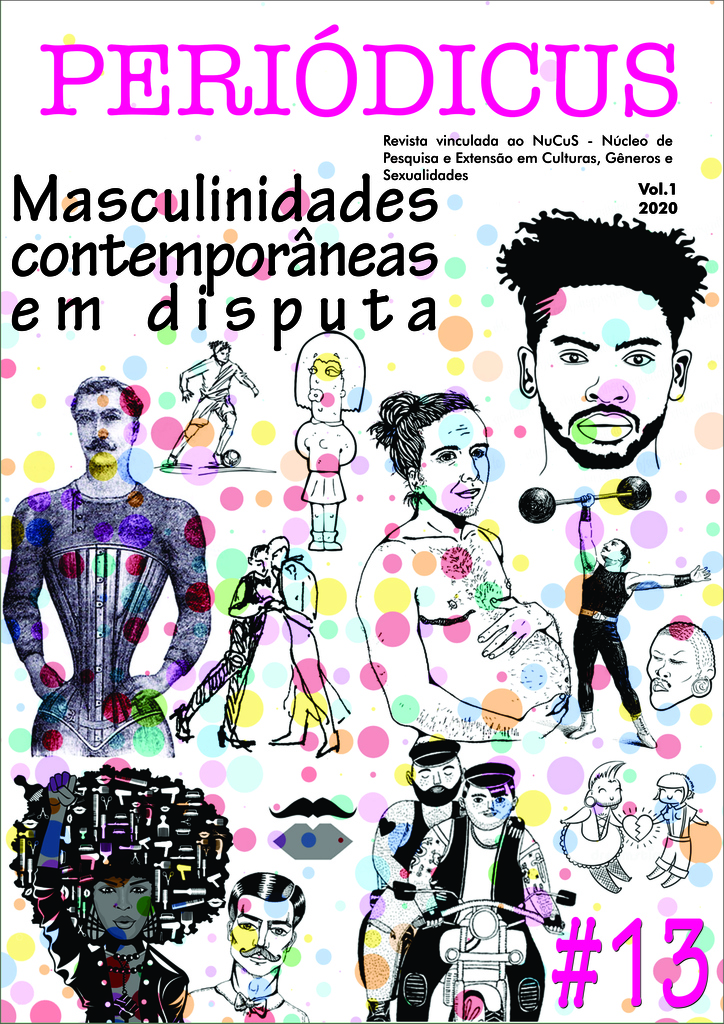Masculinidades negras em disputa: Autenticidade racial e política de respeitabilidade na representação da homossexualidade negra masculina // Black masculinities in dispute: Racial authenticity and respectability policy in the representation of black male
DOI:
https://doi.org/10.9771/peri.v1i13.35671Abstract
A partir do caso de Lionel Higgins, da série Dear White People (Netflix, 2017–2019), este artigo se concentra na crítica à refutável dicotomia entre negritude e homossexualidade produzida a partir uma concepção de autenticidade sobre o signo negro e suas implicações na produção de representações da homossexualidade do homem negro na televisão americana. Nas palavras de Devon Carbado (2017), há uma racialização da homossexualidade masculina como branca e uma pretensa condição ontológica da negritude como heterossexual que marginalizam e invisibilizam gays e lésbicas negros tanto na sua identidade racial quanto na sexualidade. São abordadas aqui considerações sobre a condições de produção de representações da homossexualidade do homem negro e suas implicações.Downloads
Downloads
Published
How to Cite
Issue
Section
License
Copyright (c) 2020 Matheus Vieira Gomes Bibiano

This work is licensed under a Creative Commons Attribution-NonCommercial 4.0 International License.
Authors who publish in this journal agree to the following terms:
Authors retain copyright and grant the journal the right of first publication, with the work simultaneously licensed under a Creative Commons Attribution Noncommercial License that allows the work to be shared with acknowledgment of authorship and initial publication in this journal, but prohibits commercial use.
Authors are authorized to enter into separate additional contracts for non-exclusive distribution of the version of the work published in this journal (e.g., publishing in an institutional repository or as a book chapter), with acknowledgment of authorship and initial publication in this journal.
Authors are permitted and encouraged to publish and distribute their work online (e.g., in institutional repositories or on their personal website) at any point before or during the editorial process, as this can generate productive changes and increase the impact and citation of the published work (see The Effect of Open Access).








